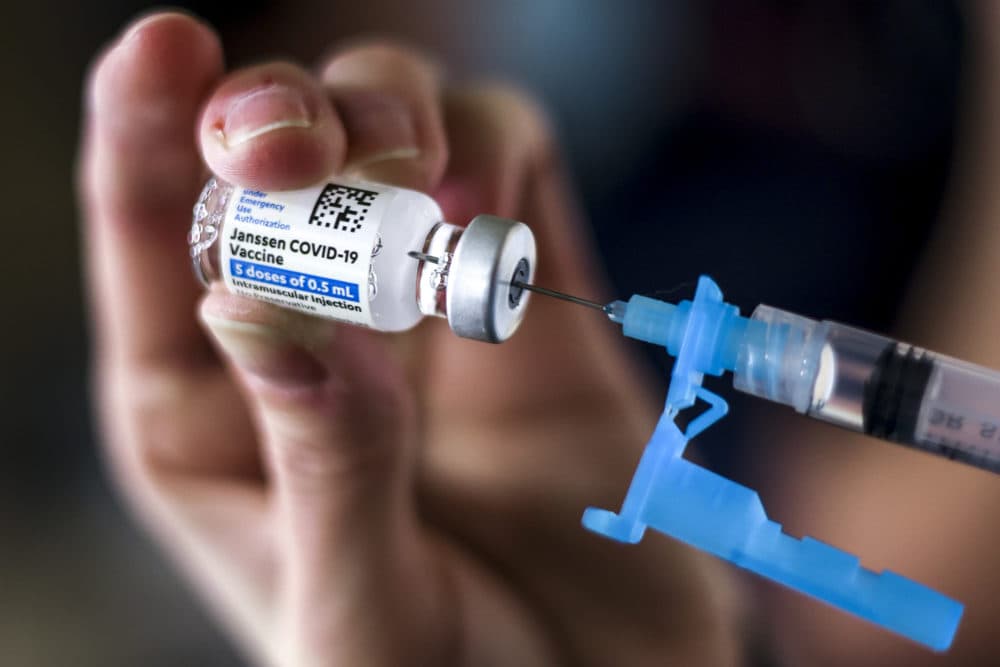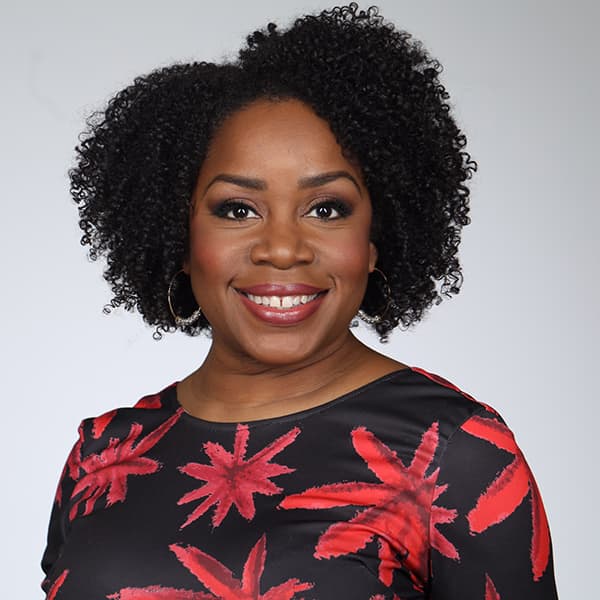Advertisement
On Point's Coronavirus Hours
Navigating The Vaccine Divide
Resume
America is at a critical moment in its fight to end the COVID-19 pandemic. With less than half the country fully vaccinated, the Biden administration is going local.
“Now we need to go to community-by-community, neighborhood-by-neighborhood, and oftentimes, door-to-door — literally knocking on doors — to get help to the remaining people” Biden said.
The delta variant is on the rise — while the unvaccinated make up 99.5% of deaths.
It's the sign of a parallel pandemic in which vaccine resistance persists:
“It’s almost this Apartheid-style open-air hostage situation. Like, Oh you can have your freedom back if you get the jab," conservative commentator Charlie Kirk said.
Today, On Point: Navigating the vaccine divide.
Guests
Dr. William Schaffner, professor of preventative medicine, infectious disease and immunization policy at Vanderbilt University.
Jeff Huntsinger, social psychologist at Loyola University Chicago who has studied the philosophy of people who refuse vaccines.
Also Featured
Stephanie McClure, anthropologist at the University of Alabama. Investigator for CommuniVax, a national initiative to improve vaccine equity.
Interview Highlights
On what we know about the Delta variant
Dr. William Schaffner: “First of all, the Delta variant is out there. It is very, very contagious. So it spreads very, very readily. And what it's doing is homing in on people who are unvaccinated. Because the vaccines provide excellent protection against this Delta variant. So it's circulating now among the population that still has not availed themselves of the vaccine. And in some parts of the country, my own state of Tennessee included, there are large areas of the state that are substantially under-vaccinated. Lots of people still susceptible. If you look at our hospitals, the admissions for COVID are striking. They're essentially only among unvaccinated people.”
Is the variant spreading among the unvaccinated also a problem for vaccinated people?
Dr. William Schaffner: “It obviously does affect some vaccinated people. But it's keeping them out of the hospital, the vaccines are. Because that's what the vaccines were intended to do, to avert, to prevent really serious illness. Now, we also hoped that the vaccines would prevent complete infection. And they do indeed reduce the likelihood of infection, and make it much less likely that a vaccinated person could transfer the virus to someone else. But it's not zero. So we do see some spread among vaccinated people. But as long as they don't get into the hospital, well, that's a success.”
On whether there are ‘two Americas’ developing among the vaccinated and unvaccinated
Jeff Huntsinger: “The one interesting thing is that you see the political polarization of anti-vaccine attitudes or hesitancy heavily, you know, conservative states have the lowest vaccination rates, whereas more liberal states have the highest. What's also interesting is that those states that have the lowest vaccination rates are also those states that have populations that are higher in liberty and purity as well. So that can help explain some of the divide going on here. And because this is rooted in moral intuitions, at least in part, can explain why the rhetoric or the discussion surrounding vaccines is so heated and causing so many problems. And it's also very difficult to change.”
On how to better treat people’s vaccination fears
Jeff Huntsinger: “You take people's fears seriously when discussing those. Yes, there is a small, slight chance of this negative or adverse event following vaccination. But you can compare it to sort of risks that people take in everyday life. It's smaller than the risk of getting into an accident and ending up in the hospital, for example. And just expressing empathy. I understand why you feel this way, but here's another way of understanding that risk and putting that risk into context. The other thing you can do is sort of highlight and take advantage of the moral roots of anti-vaccine attitudes by highlighting that getting the vaccine is one way to purify your body against the contaminating virus. Or, something along those lines. Or talking about the vaccine as a way to get your liberty back, get your freedom back and so forth.”
This program aired on July 14, 2021.

